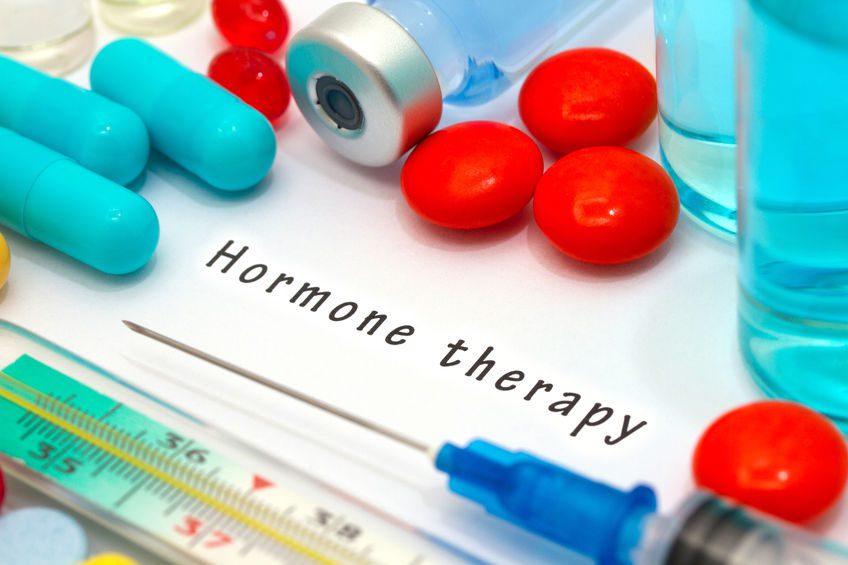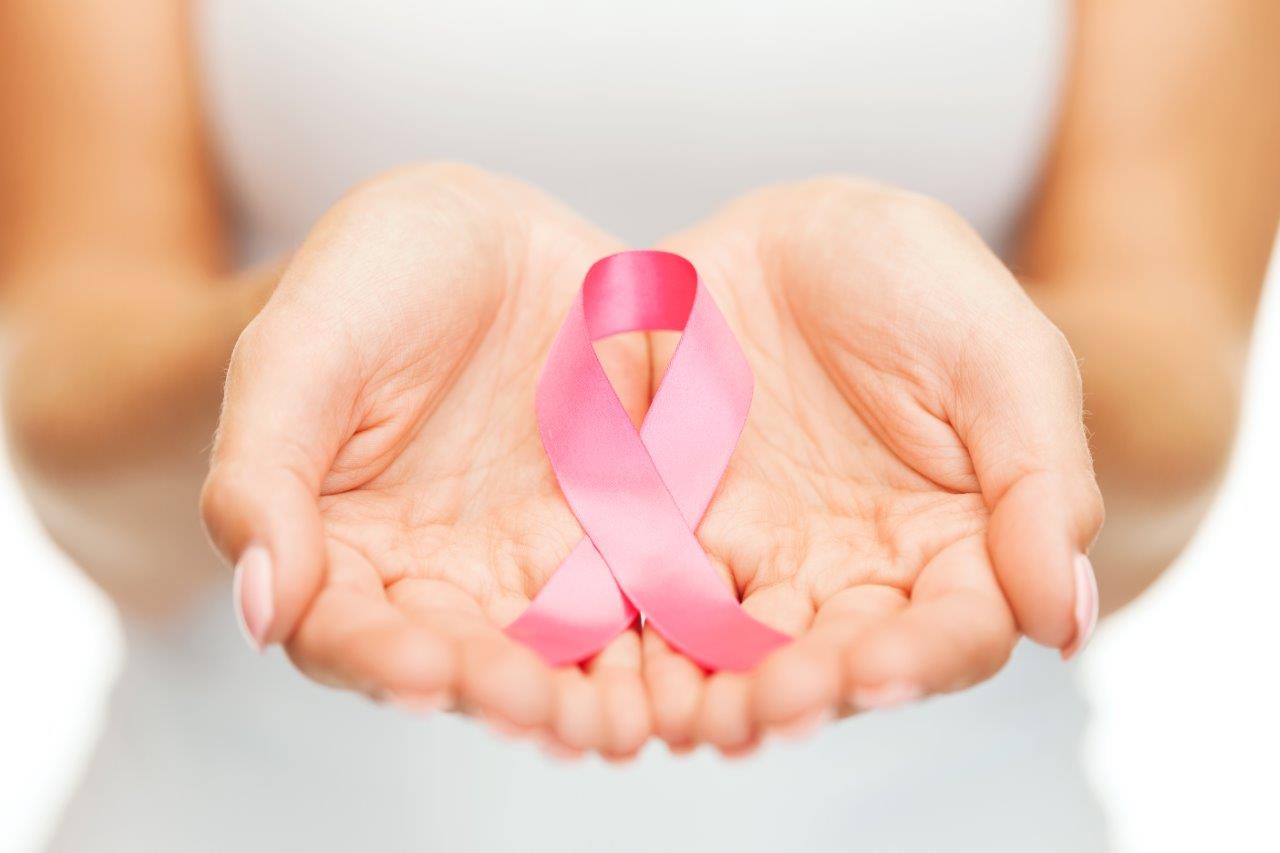“I am very much happy with the services of sisters and other staff.”
Sneha
"We would like to extend a note of gratitude for everything that has been done to save my mom life's. Our family is grateful to all the staff of Oncoplus Hospital."
Andrey
"Affordable and excellent healthcare from very good doctors and nursing staff."
Thomas George
“My doctor in Afghanistan said I have intestine cancer. My friend told me to visit Oncoplus Cancer Hospital in New Delhi. I talked to doctor before coming. I was explained about the disease. I came for the treatment and i am going back to my country after treatment.”
Mohsin Amiri
“I came from Uzbekistan to India for the treatment of my mother. She had breast cancer. Doctor’s performed surgery very well and after chemotherapy my mother is fine… Thank you doctors, nurses, staff for treating my mother.”

